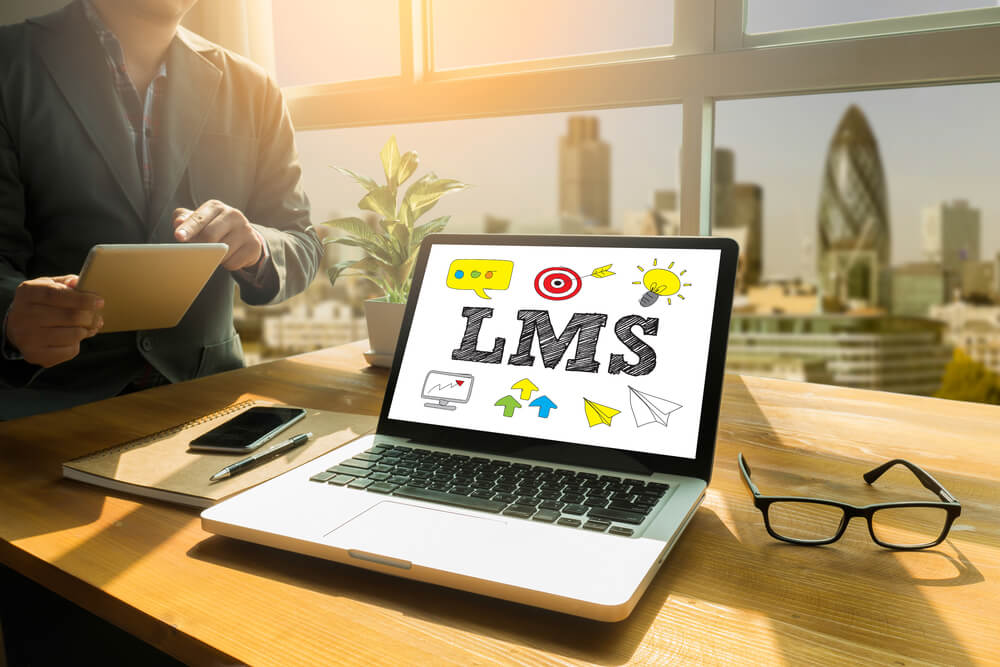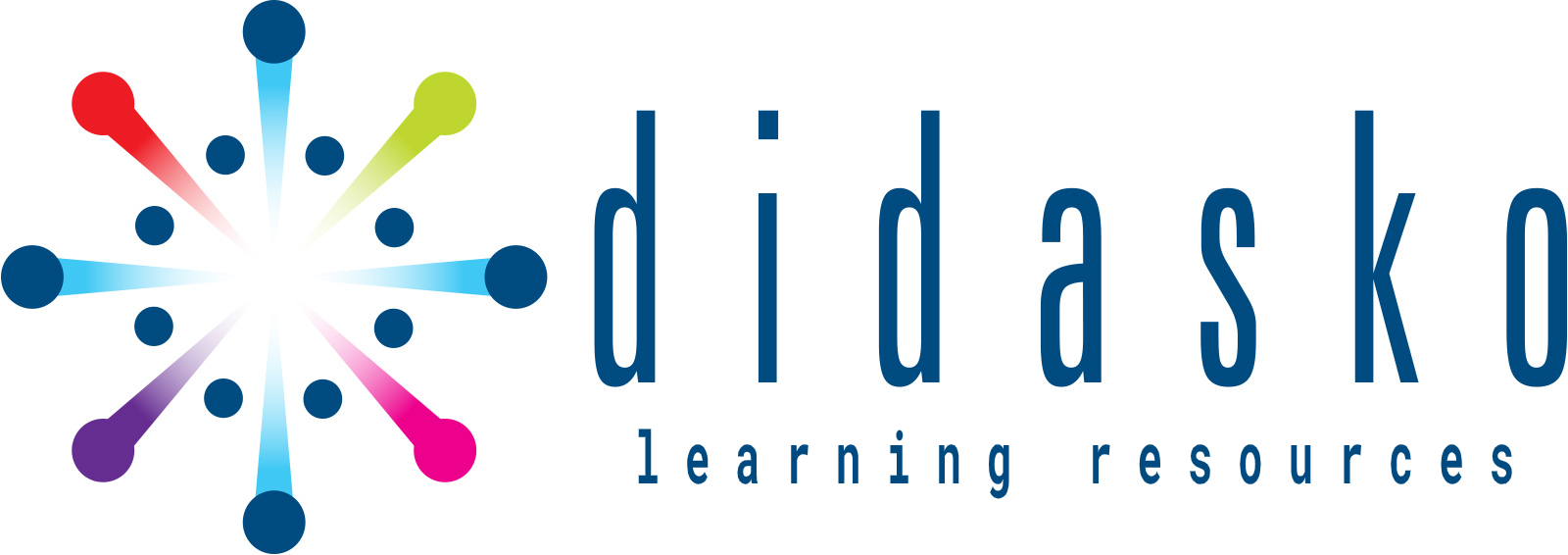Learning Management System Essentials – Is Your RTO Fully Equipped to Teach?
 November 2022
November 2022

Last Updated: January 11, 2024
A learning management system (LMS) is an essential technology for training organisations like yours. It enables your trainers to manage, deliver and track training courses online. But with so many different LMS platforms available, how do you know which is right for your organisation? If you are considering investing in an LMS, read on as we discuss the essentials that an LMS should have and explain why they are important
What is an LMS?
A learning management system is a web-based technology or software application used to create, administer and deliver courses, training programs or learning content. An LMS provides the tools and capabilities for an organisation to manage its learning and development programs online.
You can use learning management software for a variety of purposes, including:
- Delivering training courses and programs
- Creating and managing eLearning content
- Tracking student learning and development progress
- Assessing student knowledge and skills
Why is an LMS Essential?
An LMS is crucial because it enables organisations to manage, deliver and track their learning and development programs online. It can save the organisation time and money.
An LMS can also improve the quality of training by providing the following:
- A central repository for all learning and development content
- The ability to track student progress and identify areas for improvement
- The ability to deliver targeted, personalised learning experiences
An LMS Should Have the Following Capabilities:
Course delivery: The LMS should be able to deliver courses online. It means that students can take lessons anywhere, at any time, allowing them to learn at their own pace in an environment that suits their learning.
Course management: The LMS should allow trainers to manage their courses easily. It includes creating, editing and deleting courses. The LMS should also enable trainers to track student progress and performance.
eLearning content management: The LMS should provide the tools and capabilities for trainers to create, manage and deliver eLearning content. It includes the ability to upload, organise and share files.
User management: The LMS should allow trainers to add, edit and delete users easily. The LMS should also provide the ability to assign roles and permissions to users.
Reporting: The LMS should provide trainers with student progress and performance reports. This data can be used to identify areas for improvement in the training program.
Why invest in an LMS?
Investing in an LMS can be a game-changer for your RTO. For your trainers, it streamlines course delivery, centralises management, and offers quick insights into student progress, saving both time and resources.
Meanwhile, your students benefit from the convenience of online courses, tailored learning experiences, and a single hub for all their educational materials. This modern approach enhances both teaching efficiency and student engagement, making it a smart choice for your institution.
Types of LMS
As an RTO, it’s crucial to choose the right type of Learning Management System (LMS) that aligns with your specific needs. Here’s a brief overview to help guide your decision:
Cloud-based Vs. Locally Hosted LMS:
Cloud-based LMS offers hassle-free maintenance, automatic updates, and scalability for your growing RTO.
Locally Hosted LMS gives you more control and customisation options, ideal for specific organisational needs.
Corporate Vs. Academic LMS:
Corporate LMS suits business-oriented training with features like team collaboration and performance tracking.
Academic LMS is tailored for educational institutions, offering functionalities like online quizzes and grading, making it a better fit for RTOs.
Open-source Vs. Proprietary LMS:
Open-source LMS is free and customisable, backed by a community of developers.
Proprietary LMS offers unique features, customisation, and vendor support.
Course-Creating Vs. Non-Course-Creating LMS:
Course-Creating LMS lets you easily create and control your courses.
Non-Course-Creating LMS is cost-effective and allows access to a variety of pre-made courses without the need for course development.
Each type has its advantages, so consider what aligns best with your RTO’s goals and resources.
Which type of LMS is right for your organisation?
Choosing the right Learning Management System (LMS) for your organisation really comes down to what you need. If you want full control and the ability to tweak things, a locally hosted LMS is your go-to. It’s kept on your own servers, so you know your data is safe and sound, but keep in mind, it can be pricier to start, and you’ll need someone handy with IT to keep it running smooth.
On the other hand, if you’re after something that’s no-fuss to get going and simple to use, a cloud-based LMS might be just the ticket. It’s great if you’re not too tech-savvy or you’ve got teams to connect across different spots. They sort out the updates, and you can use it from anywhere with internet. Sure, there’s a regular cost, but it avoids the big cash drop and tech headaches you’d get with running it yourself.
Source Quality eLearning Resources Delivered through a Dependable LMS
At Didasko Learning Resources, we only use the best tools and materials for our courses. As such, we proudly deliver our learning resources through the online Moodle LMS platform. Moodle helps educators create and deliver learning resources and is designed to allow users to tailor their learning experience to their specific needs. Used by schools, training institutions, businesses and other organisations worldwide, Moodle is among the best customisable learning platforms for all your education needs.
Source first-rate RTO course materials from Didasko and use Moodle LMS for your online training to improve your RTO’s eLearning services. Get in touch with us today to learn more.




